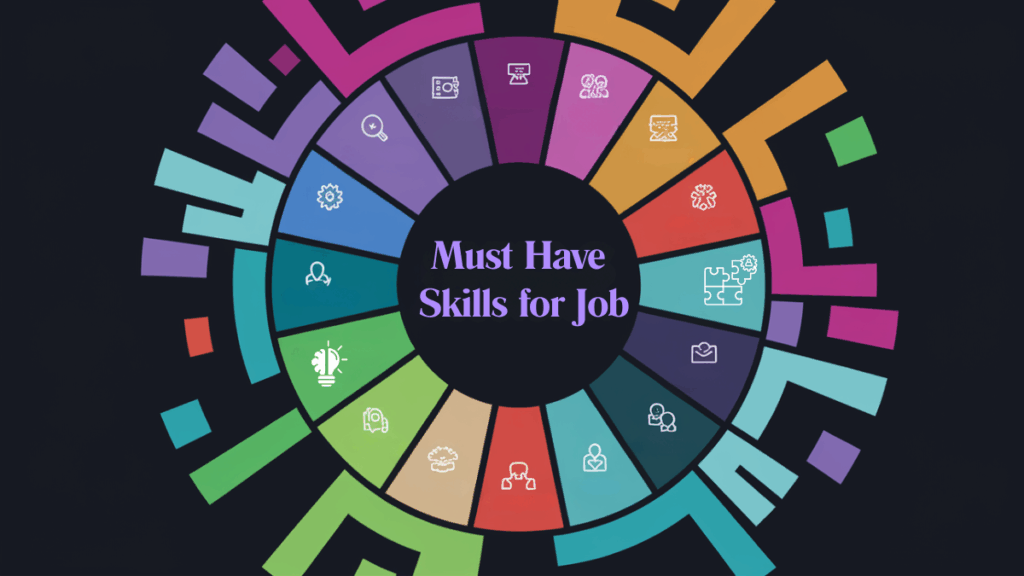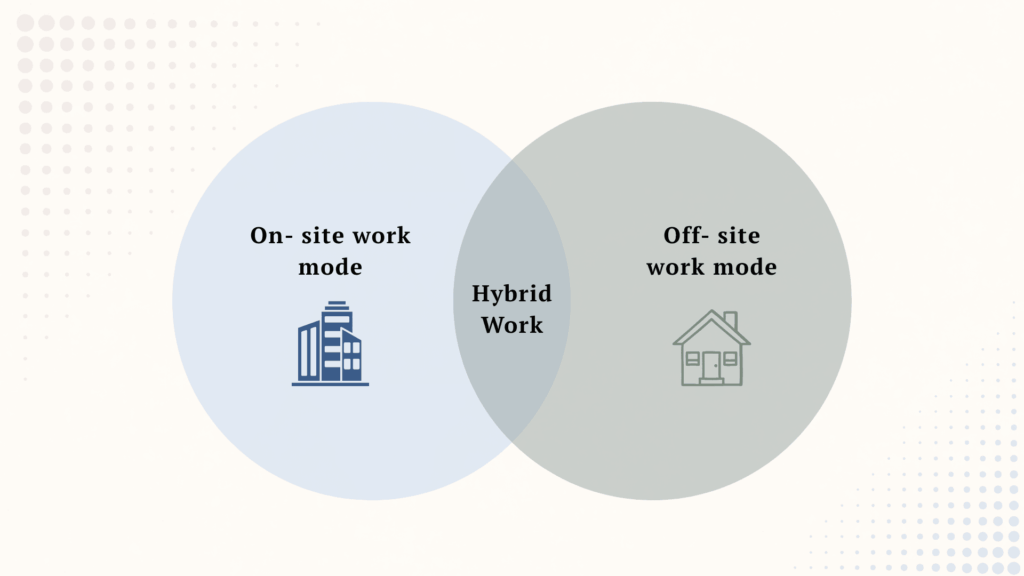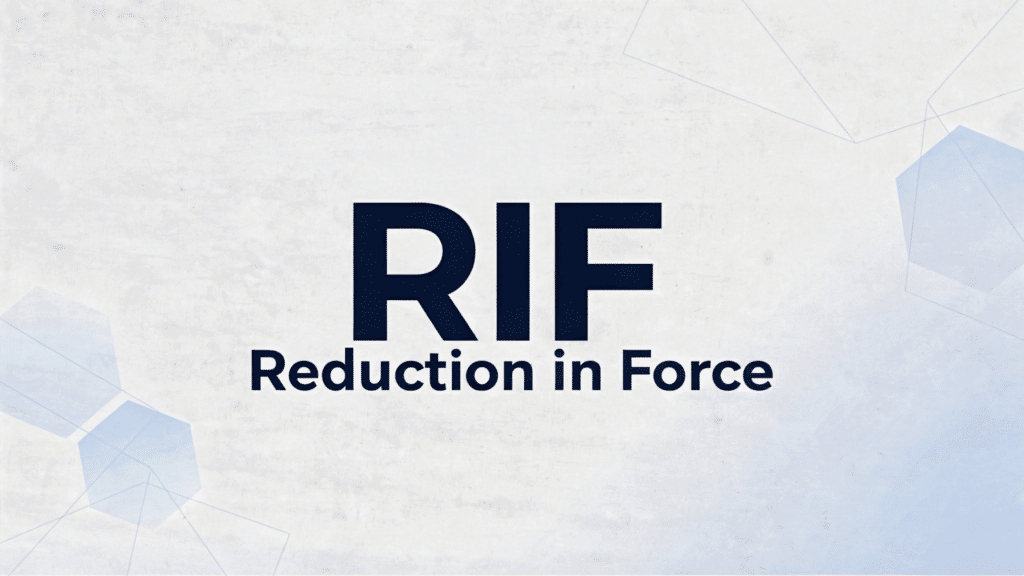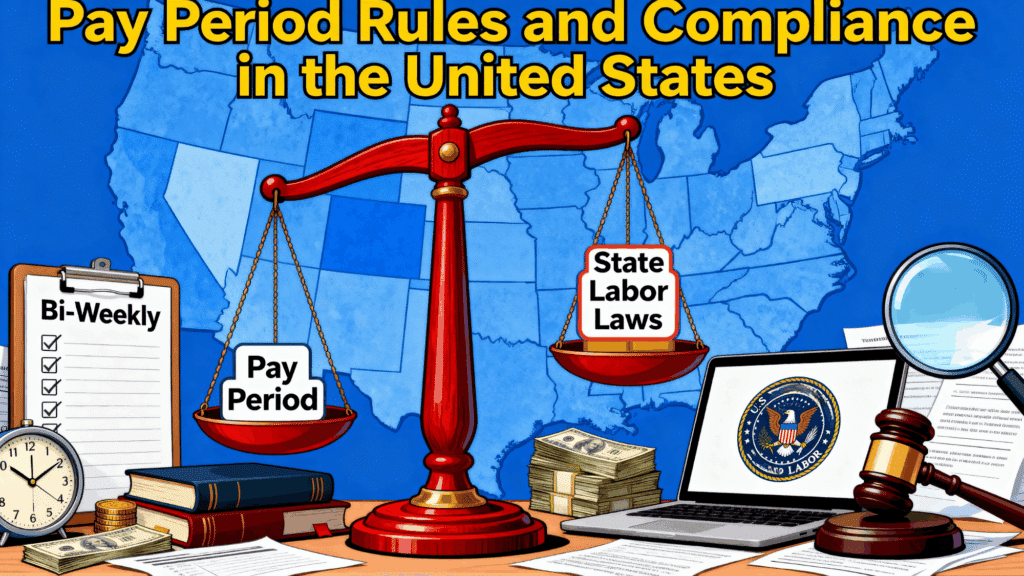Landing your dream job isn’t just about past experiences.
It’s about highlighting the special abilities that make you stand out in a competitive job market.
Here, I’ll show you how to turn your skills from a simple list into a powerful career story that catches recruiters’ attention and unlocks new career paths.
I’ll help you learn how to identify, select, and present your skills from technical knowledge to personal strengths, giving you a clear strategy to make your resume shine in any field.
Why are Listing Skills on a Resume Important?
Skills highlight what you can do, not just what you’ve done.
Including a relevant skills section in your resume helps target specific abilities, allowing recruiters and Applicant Tracking Systems (ATS) to immediately recognize your qualifications.
If you are entering the corporate world as a fresher or advancing your career, tailoring your skill set for each role shows employers you understand the job requirements.
The possession of the right set of varied skills specific to your field shows the readiness, adaptability, and long-term potential in the candidate.
The Two Main Types of Skills for a Job
Before you start listing the different types of skills in your CV, it’s important to understand the two categories every skill falls under.
Together, they form the foundation of your professional profile or resume.
1. Hard Skills
Hard skills are the type of skills that are technical, teachable abilities you acquire through education, training, or experience.
They’re measurable, specific, and easy for employers to verify.
These are often the first skills hiring managers look for in a resume because they directly relate to job performance.
Examples:
-
Data analysis
-
Accounting
-
Programming (Python, Java, SQL)
-
Project management
-
Copywriting
-
Search engine optimization (SEO)
-
Machine operation
-
Graphic design
2. Soft Skills
Soft skills are the type of skills that are personal attributes that define how you interact, communicate, and collaborate.
These are transferable skills across industries and are often what help you stand out from equally qualified candidates.
When you balance both types effectively, you create a resume that appeals to both logic (capability) and emotion (fit).
Examples:
-
Teamwork
-
Leadership
-
Emotional intelligence
-
Communication
-
Adaptability
-
Time management
-
Problem-solving
50+ Skills to Put in Your Resume
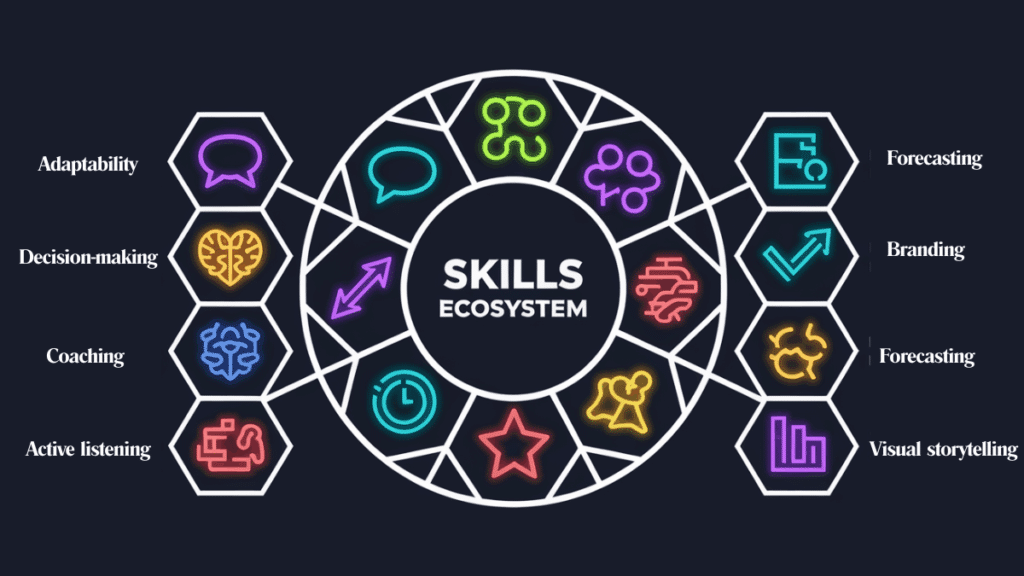
After my years of experience in hiring, I have listed a categorized breakdown of the top types of skills for CVs across industries.
Choose the ones that fit your background and align with the position you’re targeting.
This collection covers different types of skills and categories that employers value most, including technical mastery, people skills, creativity, and adaptability.
Communication Skills
Verbal and written communication
Presentation and storytelling
Active listening
Public speaking
Negotiation and persuasion
Customer communication
Leadership and Management Skills
Strategic planning
Delegation
Decision-making
Conflict resolution
Coaching and mentoring
Performance management
Analytical and Problem-Solving Skills
Research and data interpretation
Critical thinking
Troubleshooting
Forecasting
Process improvement
Risk analysis
Technical and Digital Skills
CRM systems (Salesforce, HubSpot)
Spreadsheets and data analytics
SEO and SEM
UX/UI design
Programming (Python, HTML, CSS)
Project management tools (Asana, Trello)
Interpersonal Skills
Teamwork and collaboration
Empathy
Adaptability
Relationship building
Cross-cultural awareness
Organizational Skills
Time management
Prioritization
Documentation
Scheduling
Multitasking
Attention to detail
Creative Skills
Content writing
Design thinking
Visual storytelling
Innovation and brainstorming
Branding
Customer Service Skills
Conflict handling
Professional etiquette
Product knowledge
Client relationship management
Transferable Skills
Presentation design
Project coordination
Research and reporting
Stakeholder communication
Top In-Demand Skills for 2025
The modern job market changes fast, but certain abilities continue to dominate hiring trends.
These are some different types of skills for jobs that are predicted to stay in high demand, and you can write in your CV to enhance your impression on the hiring manager:
-
Data literacy
-
AI and automation
-
Digital communication
-
Emotional intelligence
-
Project management
-
Remote collaboration
-
Adaptability
-
Diversity and inclusion awareness
Different Types of Skills for Students
For students or recent graduates, showcasing skills might seem tricky when you lack formal job experience.
But even without years of working experience, you have plenty of transferable skills gained through academics, volunteering, and extracurricular activities.
These different types of skills to learn early on can prepare students for internships and first jobs, building a strong foundation for future career growth.
| Skill Type | Description | Examples |
|---|---|---|
| Academic and Research Skills | Help students analyze information, present findings, and solve problems logically. | Research, report writing, data analysis, note-taking, and presentation skills |
| Organizational Skills | Show the ability to manage time, prioritize work, and meet deadlines effectively. | Time management, planning, goal setting, scheduling, multitasking |
| Social and Communication Skills | Reflect on how students connect, collaborate, and express ideas clearly in team or academic settings. | Public speaking, teamwork, active listening, empathy, negotiation |
| Technical Skills | Represent the digital and practical knowledge that supports productivity and learning. | Microsoft Office, Google Workspace, coding basics, digital literacy, and social media management |
| Creative and Leadership Skills | Demonstrate initiative, problem-solving, and innovative thinking, key to academic and professional success. | Event planning, content creation, mentoring, creative thinking, decision-making |
How to Choose the Right Skills for Your Resume?
Not all skills belong on every resume. Relevance and clarity matter more than quantity.
Learn how to make the right choice:
-
Match the job description: Identify keywords that repeat throughout the posting.
-
Be specific: Replace vague terms like “computer skills” with “data visualization in Tableau.”
-
Quantify where possible: Link skills to measurable results, such as “increased engagement by 30% through social media strategy.”
-
Mix hard and soft skills: A balanced resume demonstrates both technical strength and emotional intelligence.
-
Stay authentic: Only list skills you can confidently demonstrate.
How to List Skills on a Resume?
1. Create a Dedicated Skills Section: Use clear categories like Technical Skills, Soft Skills, and Tools & Platforms for readability.
Example:
Technical Skills: SQL, Data Analysis, CRM Tools
Soft Skills: Teamwork, Adaptability, Leadership
2. Integrate skills into experience bullets: Weave skills naturally into your job responsibilities and accomplishments.
Example:
“Led a five-person design team to develop digital marketing assets that boosted brand engagement by 25%.”
3. Use your summary wisely: Include two or three of your strongest skills in your professional summary to set the tone early.
Example:
“Creative project manager skilled in client communication, time management, and cross-functional collaboration.”
Expert HR Tips for Showcasing Skills
-
Focus on relevance: Tailor your list to the position, not your entire skill inventory.
-
Use results-based proof: Pair skills with measurable outcomes.
-
Stay current: Update your resume as you earn certifications or take new courses.
-
Keep formatting clean: Use bullet points for easy scanning.
Hiring managers spend seconds on a resume. Clear structure and relevant keywords ensure your skills get noticed immediately.
Conclusion
Every career starts with knowing your strengths. Keep building them, refining them, and showing them proudly.
Think of your skills as your career toolbox.
Different types of skills are the tools that help you solve work challenges. They show what makes you special at work.
Each skill you learn opens a new door.
From computer tricks to talking with people, your skills tell your unique work story. It reveals what you can do and who you can become.
Want to grow your skills? What skill will you learn next? Share in the comments and help others on their career path!

